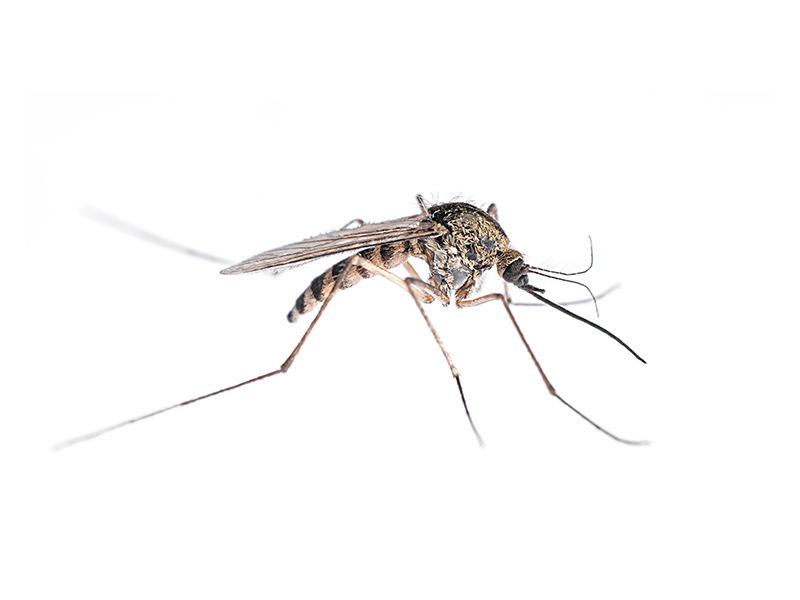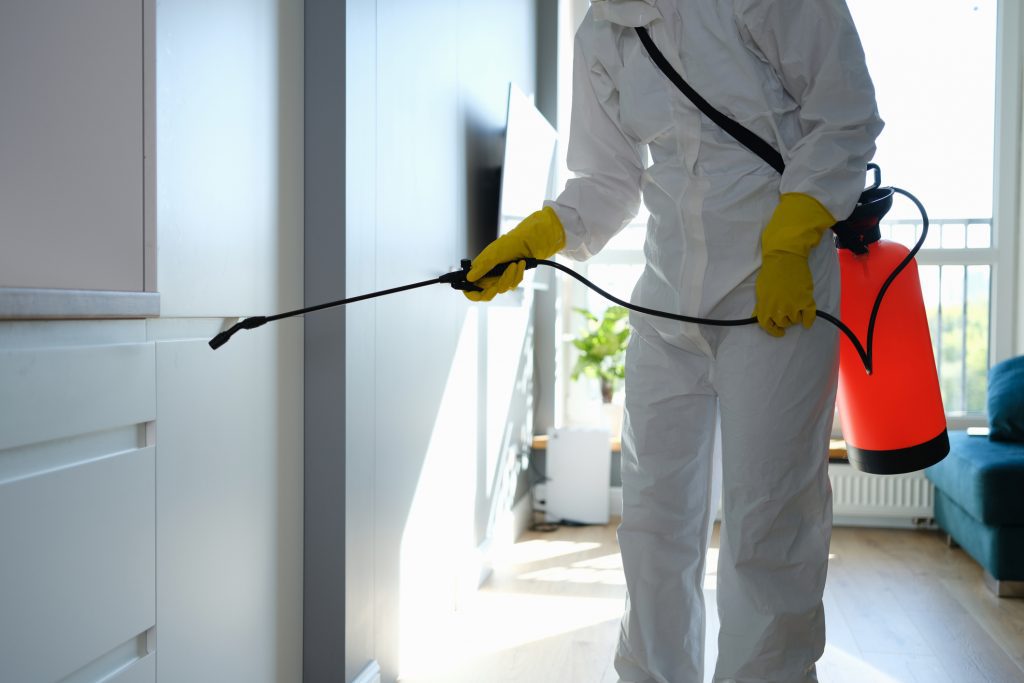Guaranteed Pest Control in Port Charlotte with proven results.
Guaranteed Pest Control in Port Charlotte with proven results.
Blog Article
Checking Out Ingenious Techniques and Products for Reliable Bug Control
The landscape of insect control is advancing, marked by the appearance of innovative strategies and products created to boost effectiveness and sustainability. From wise catches equipped with advanced tracking systems to biological techniques that use natural predators, these innovations present a standard shift in how we come close to pest monitoring. Environment-friendly chemical alternatives and pheromone disruption techniques use targeted services that straighten with environmental stewardship. As the industry grapples with these advancements, a closer assessment reveals not just their implications however additionally the possible challenges that might occur in their execution.
Smart Traps and Keeping Track Of Systems
How can contemporary innovation boost insect administration? One substantial advancement is the development of clever traps and keeping track of systems, which supply real-time information and analytics for effective pest control. These systems make use of sensors and wireless technology to identify bug activity, signaling residential or commercial property supervisors and insect control experts to problems prior to they intensify.
Smart traps are outfitted with functions such as lure stations that bring in insects and capture them effectively. These catches can be kept an eye on from another location, permitting for timely treatments and reducing the need for comprehensive chemical applications. The integration of maker learning algorithms makes it possible for these systems to separate in between target bugs and non-target varieties, improving the accuracy of insect control steps.
Furthermore, the information accumulated from clever catches can be analyzed to recognize patterns in insect actions and environmental elements contributing to invasions (Pest Control in Port Charlotte). This info is indispensable for creating targeted parasite management approaches tailored to specific atmospheres. By welcoming wise catches and monitoring systems, pest control specialists can enhance their operational efficiency and reduce the eco-friendly influence of bug administration, ultimately leading to more secure and extra sustainable practices in the sector
Organic Insect Control Methods
Making use of all-natural predators and parasites, organic bug control methods offer an eco-friendly choice to chemical treatments. This technique includes the introduction or improvement of certain microorganisms that can naturally manage insect populations, therefore minimizing reliance on artificial pesticides. Usual instances include making use of ladybugs to manage aphid infestations and parasitical wasps to target caterpillars.

Biological control can be categorized right into three main methods: timeless, augmentative, and conservation. Classical organic control includes importing natural adversaries from the insect's native environment, while augmentative control involves boosting the populace of existing all-natural adversaries via releases. Preservation strategies concentrate on developing problems that sustain these helpful organisms in the ecological community.
The effectiveness of organic insect control rests on comprehending the complex interactions within communities. It typically needs an extensive analysis of pest dynamics and the life process of both the insects and their natural enemies. While biological methods might not give prompt outcomes like chemical alternatives, they add to lasting pest management and environment health. As awareness of environmental problems expands, organic parasite control methods are significantly identified for their sustainable duty in integrated bug monitoring programs.
Eco-Friendly Chemical Alternatives
Environment-friendly chemical options offer a viable service for parasite administration that decreases ecological effect while efficiently managing bug populaces. These alternatives are acquired from natural sources and are very carefully developed to target particular parasites without hurting valuable organisms, making them a crucial element of sustainable pest control strategies.
Amongst one of the most effective eco-friendly alternatives are plant-based pesticides, such as neem oil and pyrethrin, which are originated from the seeds and flowers of different plants. These materials interfere with the life process of insects, lowering their populations without the harmful effects connected with standard chemicals - Pest Control in Port Charlotte. In addition, vital oils like peppermint and clove oil exhibit repellent residential or commercial properties, additionally boosting their utility in bug monitoring

Additionally, eco-friendly chemical choices typically damage down quicker in the environment, their website lowering the danger of soil and water contamination. This characteristic aligns with the boosting consumer need for lasting methods in agriculture and urban bug control. As research study remains to development, the development of ingenious environment-friendly solutions will certainly additionally boost efficiency and widen application areas, enabling pest management professionals to embrace greener, a lot more liable approaches in their techniques while guarding human health and the environment.
Pheromone Disruption Techniques
Another innovative approach in sustainable pest management is making use of pheromone disturbance methods. These techniques make use of the natural chemical signals, or pheromones, that insects make use of for communication, specifically in breeding habits. By disrupting these signals, pest populaces can be successfully managed without considering damaging chemicals.
Scent traps visit our website are commonly used in this technique. Over time, this can lead to a significant decrease in pest populaces.

Integrated Insect Administration Strategies
Efficient parasite control frequently needs a comprehensive technique, and Integrated Parasite Management (IPM) techniques give a framework for achieving this goal. IPM integrates different monitoring techniques to reduce bug populations while decreasing reliance on chemical pesticides. This diverse approach begins with extensive tracking and identification of pests, enabling for targeted treatments based upon details pest pressures.
Cultural techniques, such as plant turning and hygiene, play an essential role in preventing parasite facility. Biological controls, consisting of natural predators and parasitoids, are employed to preserve pest populations at manageable levels. When essential, careful chemical therapies are applied, stressing lower toxicity to non-target varieties and the environment.
Furthermore, education and learning and outreach are important elements of IPM, promoting understanding among stakeholders about sustainable techniques and pest life process. The versatility of IPM enables specialists to respond effectively to transforming parasite characteristics and environmental conditions. By employing this all this hyperlink natural strategy, IPM not just improves parasite control effectiveness but additionally adds to lasting eco-friendly balance. Ultimately, Integrated Pest Administration stands for a forward-thinking service that aligns farming efficiency with ecological stewardship, making it vital in modern insect control approaches.

Verdict
In conclusion, the combination of innovative methods and products for efficient parasite control stands for a considerable advancement in sustainable parasite management. Smart traps and monitoring systems, biological insect control techniques, green chemical choices, and scent interruption methods jointly improve the efficiency of bug monitoring approaches.
Report this page